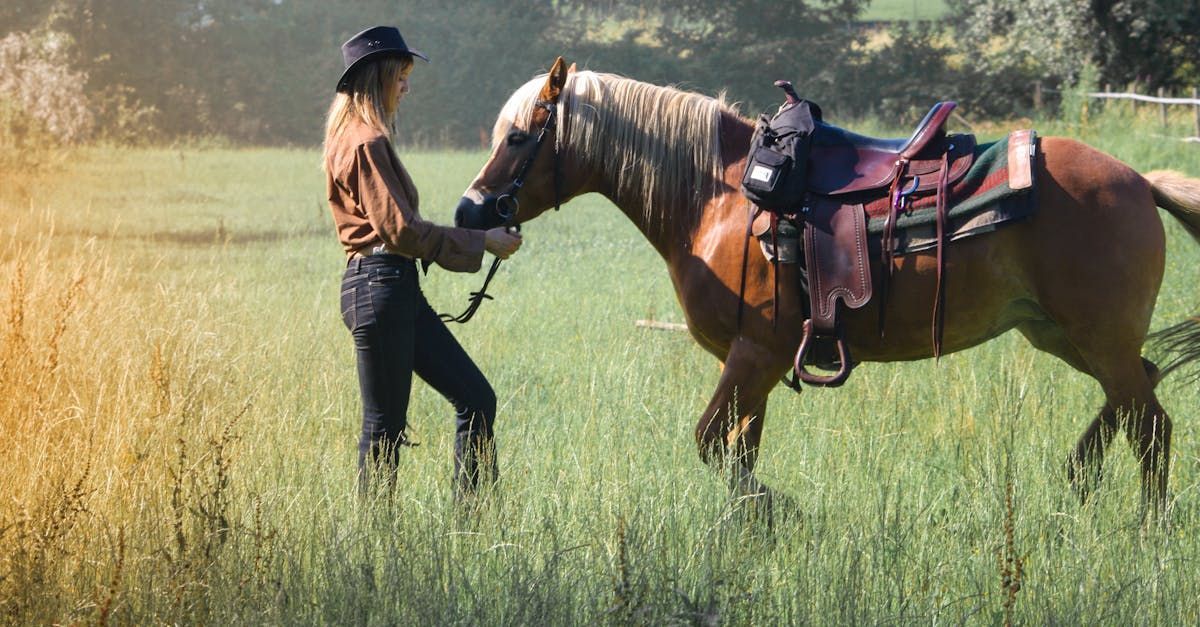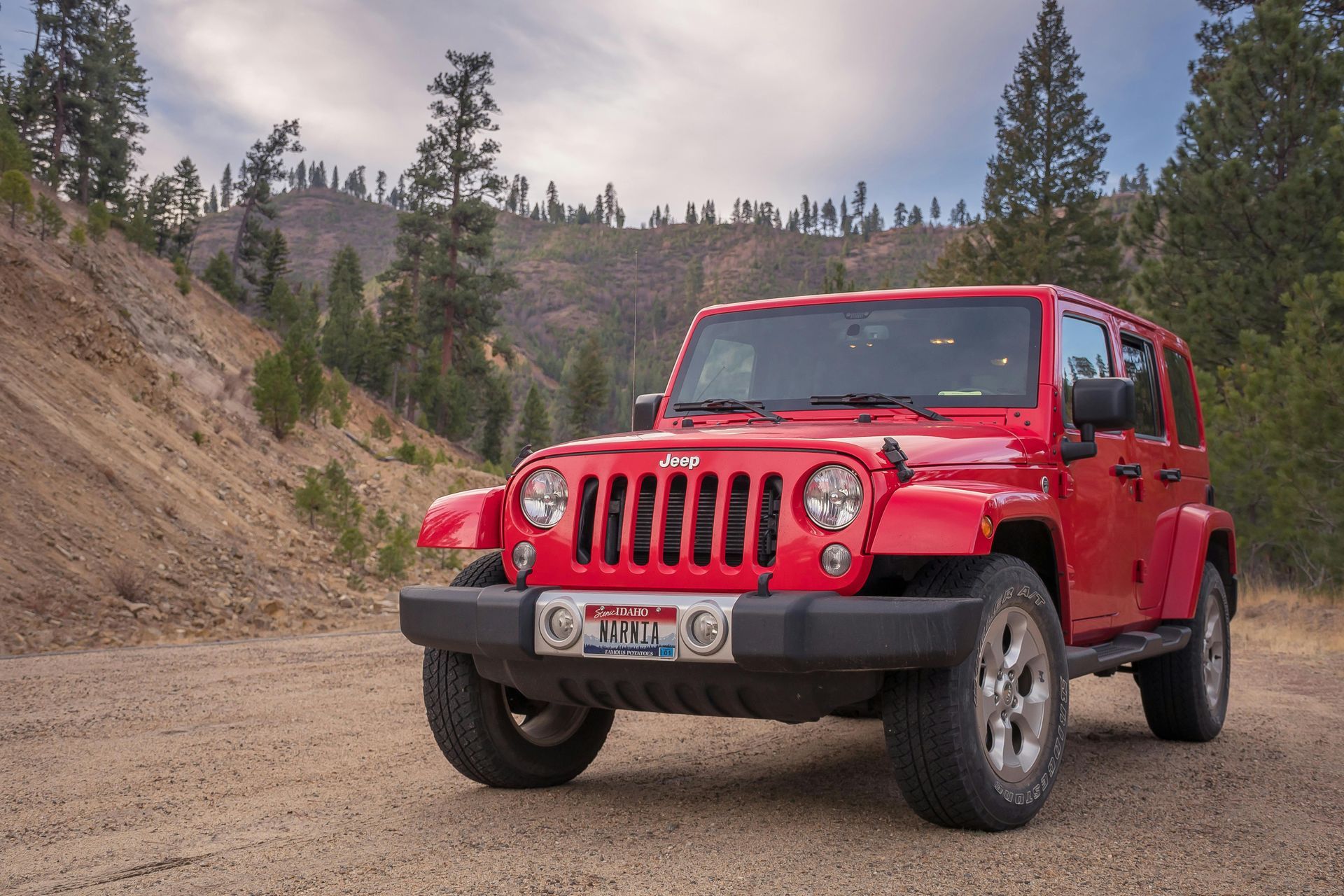What is Equine Insurance?
What is Equine Insurance?

Understanding Equine Insurance: Protecting Your Equine Investment
Horses are valuable companions and investments for many people around the world, serving various roles, from competitive sports to leisure riding and companionship. However, owning a horse comes with a set of responsibilities and risks. One of the most crucial steps horse owners can take to protect their investment is to consider equine insurance. This blog post will explore the different types of equine insurance, their benefits, and why they are essential for any horse owner.
Types of Equine Insurance
Equine insurance is designed to protect horse owners from financial loss due to various unforeseen events. Here are the most common types of equine insurance available:
1. Mortality Insurance
Mortality insurance is similar to life insurance for humans. It provides coverage in the event of the horse's death due to illness, injury, or accident. This type of insurance can reimburse the horse's current market value, helping owners recover from the financial loss.
2. Medical and Surgical Insurance
Medical and surgical insurance covers veterinary costs related to illness or injury. Veterinary bills can quickly escalate, especially if surgery or specialized treatments are needed. This insurance helps mitigate these costs, ensuring that horse owners can provide the necessary care without incurring overwhelming expenses.
3. Loss of Use Insurance
Loss of use insurance compensates the owner if a horse becomes permanently unable to perform its intended purpose, whether for competition, breeding, or work. This coverage is particularly useful for horses with specific roles, as it helps owners recover some of the lost value and invest in a new horse if needed.
4. Liability Insurance
Liability insurance protects horse owners against legal claims if their horse causes injury or damage to another person or property. This type of insurance is essential for anyone who boards horses, participates in competitions, or has their horses on public property.
5. Personal Accident Insurance
This insurance covers the rider or handler, providing compensation for injuries sustained while handling or riding a horse. It can cover medical expenses, loss of income, and even provide a payout in the event of a permanent disability or death.
Benefits of Equine Insurance
Equine insurance offers several benefits that make it a wise investment for horse owners:
Financial Protection: Owning a horse can be a significant financial investment. Insurance protects against unexpected costs, ensuring that owners are not financially devastated by unforeseen events.
Peace of Mind: Knowing that you are covered in case of an accident, illness, or legal claim can provide peace of mind, allowing you to focus on enjoying your time with your horse.
Access to Better Care: With medical and surgical insurance, horse owners are more likely to seek necessary veterinary care without hesitation, ensuring that their horses receive the best possible treatment.
Flexibility: Many insurance policies offer customizable coverage options, allowing owners to tailor the insurance to their specific needs and budget.
Choosing the Right Equine Insurance
When selecting equine insurance, consider the following factors:
Assess Your Needs: Determine what type of coverage is most important based on your horse’s role and your financial situation.
Compare Providers: Research different insurance companies, compare coverage options, and read reviews to find a reputable provider.
Understand Policy Details: Carefully read the policy terms, conditions, and exclusions to ensure you understand what is covered and any limitations.
Consult with Experts: Speak with insurance agents, veterinarians, or equine professionals to gain insights and recommendations tailored to your needs.
Conclusion
Equine insurance is a crucial consideration for any horse owner, offering protection against financial loss and ensuring that your horse receives the care it deserves. By understanding the different types of insurance available and selecting the right coverage, you can safeguard your equine investment and enjoy the peace of mind that comes with being a responsible horse owner.
Recent posts



